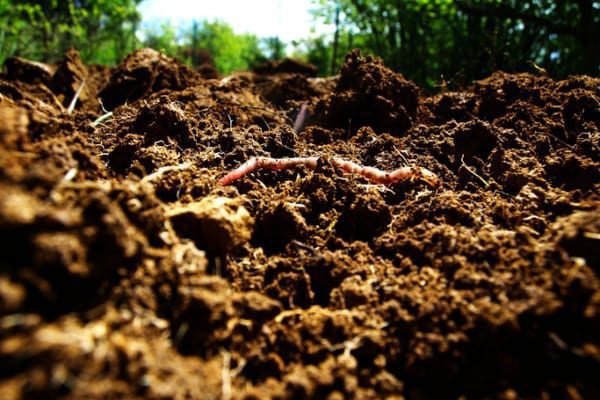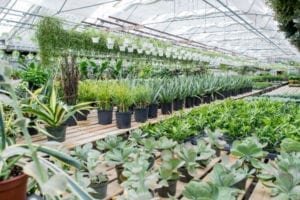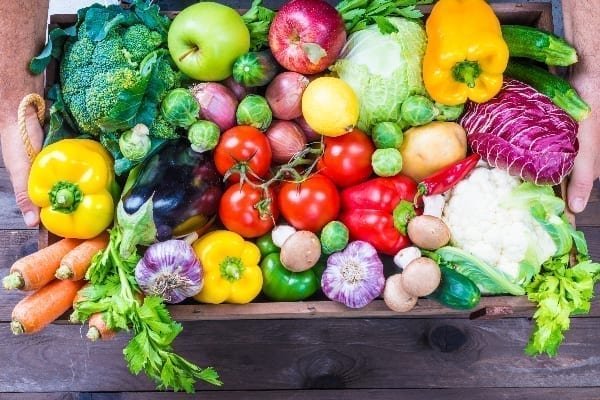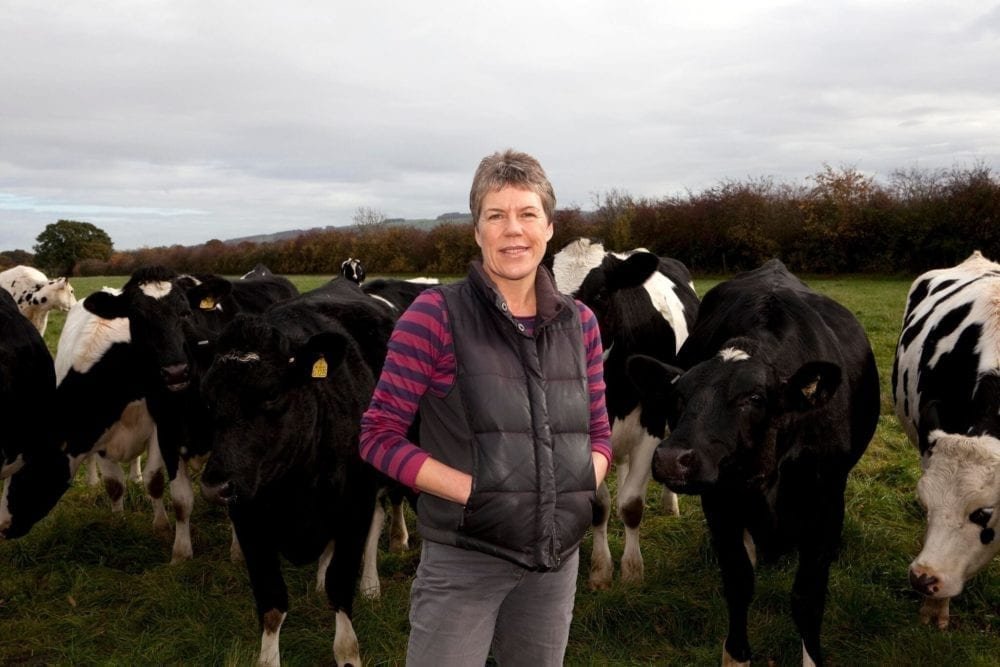Love local
This change in behaviour, prompted by the crisis, could also serve as an opportunity to reconsider the benefits of more local food systems.
Shorter supply chains, for example, have proven to be resilient in times of crisis, with local community shops often able to keep food on the shelves amid panic-buying in a way big supermarkets can’t.
But if we want to encourage more localised supply chains, we must address the issue of profitability. Many ventures – like growing apples in Sussex or sheep farming for textiles – are just not financially viable in our current context.
Now is the right time to consider proper routes to market for goods like these, to revitalise localisation. This is not to return to the middle ages, but to acknowledge the holistic benefits of having strong localised supply chains and to acknowledge that increasingly, citizens want to know a product’s journey has not negatively impacted on the environment, nature or indeed human health.
At a time when significant and positive change seems so possible, I would urge shoppers and producers to contact their local MP to raise their concerns and add their voice to the mix to ensure the food and agricultural industries remain viable, sustainable and something we can all be proud of.
Cast your vote
Food and how we produce it, along with a shift in diets, has the power to transform our world. I hope that in time both the shape of the food system and the role it can play in addressing climate change will be front and centre for citizens worldwide.
Choosing organic wherever you can is one of the most simple forms of direct action you can take. Our collective choices all add up: more demand for organic food and drink means more people casting a vote for farms that support our planet, biodiversity and the highest standards of animal welfare.
But it’s only part of the picture. It is widely acknowledged that this decade is crucial for humanity, and that farmers and land managers have a pivotal role to play. We need the right government support for farmers to transition to nature-friendly farming like organic and agroecology; we need support for local supply chains and we need recognition that the climate, nature and human health crisis, and their solutions, are all connected.
Preventing the kind of disruption we have recently seen may still be within our grasp, but changes will need to be made as we tackle the interconnected crisis of climate, nature and health.
If nothing else, I hope at the end of all of this we value our food more and consider how we treat our planet. By treating it with respect, and working with nature, it is likely that it will treat us well in return.
 Play Video about This Rock Might Just Save The World
Play Video about This Rock Might Just Save The World Play Video about Play 2 hours of rock
Play Video about Play 2 hours of rock Play Video about Play 2 hours of brook
Play Video about Play 2 hours of brook Play Video about Play 2 hours of sheep
Play Video about Play 2 hours of sheep















































